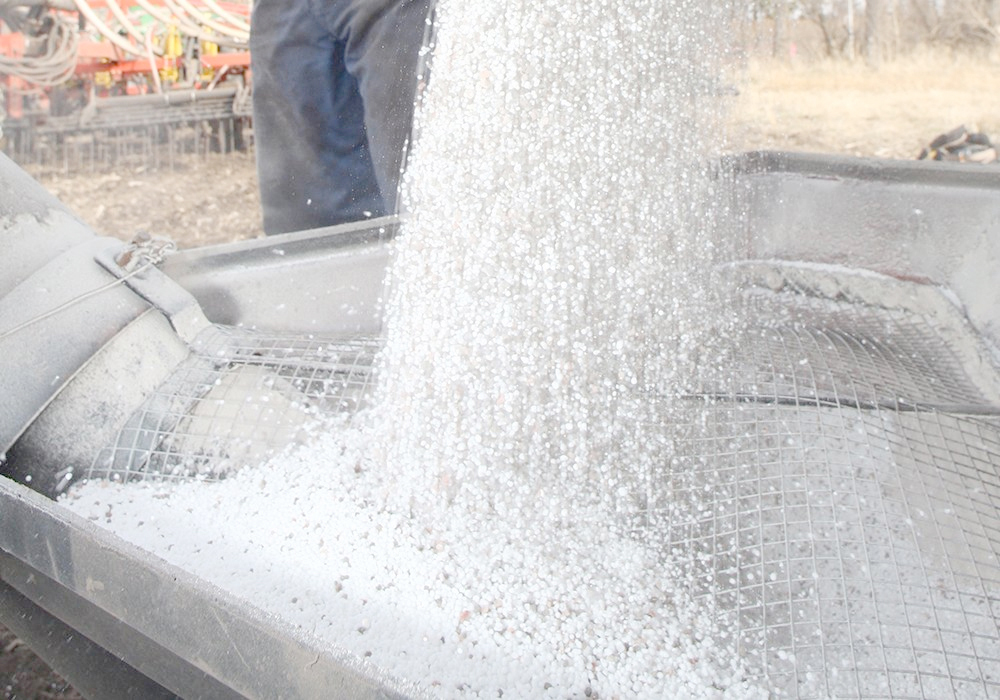(Reuters) — Fertilizer supplier Mosaic missed Wall Street estimates for quarterly profit on Aug. 1 as a decline in fertilizer prices dented its margins.
Fertilizer prices continued their decline during the quarter, pressured by higher supplies as exports from top suppliers Belarus and Russia resumed, while the cost of key input materials such as natural gas fell.
The war in Ukraine and subsequent sanctions against Russia and Belarus had pushed prices to record peaks last year.
The company’s revenue declined about 37 percent to US$3.39 billion.
Read Also

Anti-separatist movement targets rural Alberta
Former deputy premier Thomas Lukaszuk’s anti-separatism Alberta Forever Canada petition campaign expects to run full steam ahead into the province’s farming regions
Its selling price for phosphate declined 36 percent to $585 per tonne.
Last month, Mosaic’s Norwegian rival, Yara International, had also missed profit estimates because of falling prices.
However, Mosaic said it witnessed growth in demand in North America for its phosphates segment and added that its third-quarter margins would benefit from lower raw material costs.
Analysts have said that farmers had delayed purchases of fertilizers during the first quarter, waiting for prices to settle down lower.
Its phosphate sales volumes saw a 15 percent rise during the second quarter and expected to average between 1.7 million to 1.9 million tonnes in the current quarter.
On an adjusted basis, the top U.S. phosphate maker reported earnings of $1.04 per share for the quarter ended June 30, compared to the average analyst estimate of $1.12 per share, according to Refinitiv data.
The company also announced earlier this month that it has restarted its Colonsay, Sask., potash plant last month after idling it since December because of waning demand, and said it sees tight supplies through 2023.
Mosaic restarted the mine to offset a short-term drop in potash production that was due to summer maintenance at the larger Esterhazy, Sask., mine, the Florida-based company said Aug. 2. It also sees global potash constraints, particularly from sanctioned producer Belarus and at North American ports.
War in Ukraine and extreme weather are limiting crop supplies, elevating the importance of fertilizer to maximize production, chief executive officer Joc O’Rourke said on a call with analysts.
“We’re already seeing robust demand in several of our key markets since the spring,” O’Rourke said, referring to North America and Brazil.
In July, a strike by dock workers at Canada’s Port of Vancouver, which has now ended, led to Canpotex withdrawing all offers for new sales.
Canpotex, owned by Mosaic and rival Nutrien to export potash offshore, is also repairing mechanical problems at its Portland, Oregon, port, which further restricts shipments.
Nutrien last month reduced potash production at its Cory, Sask., mine because of the strike.















